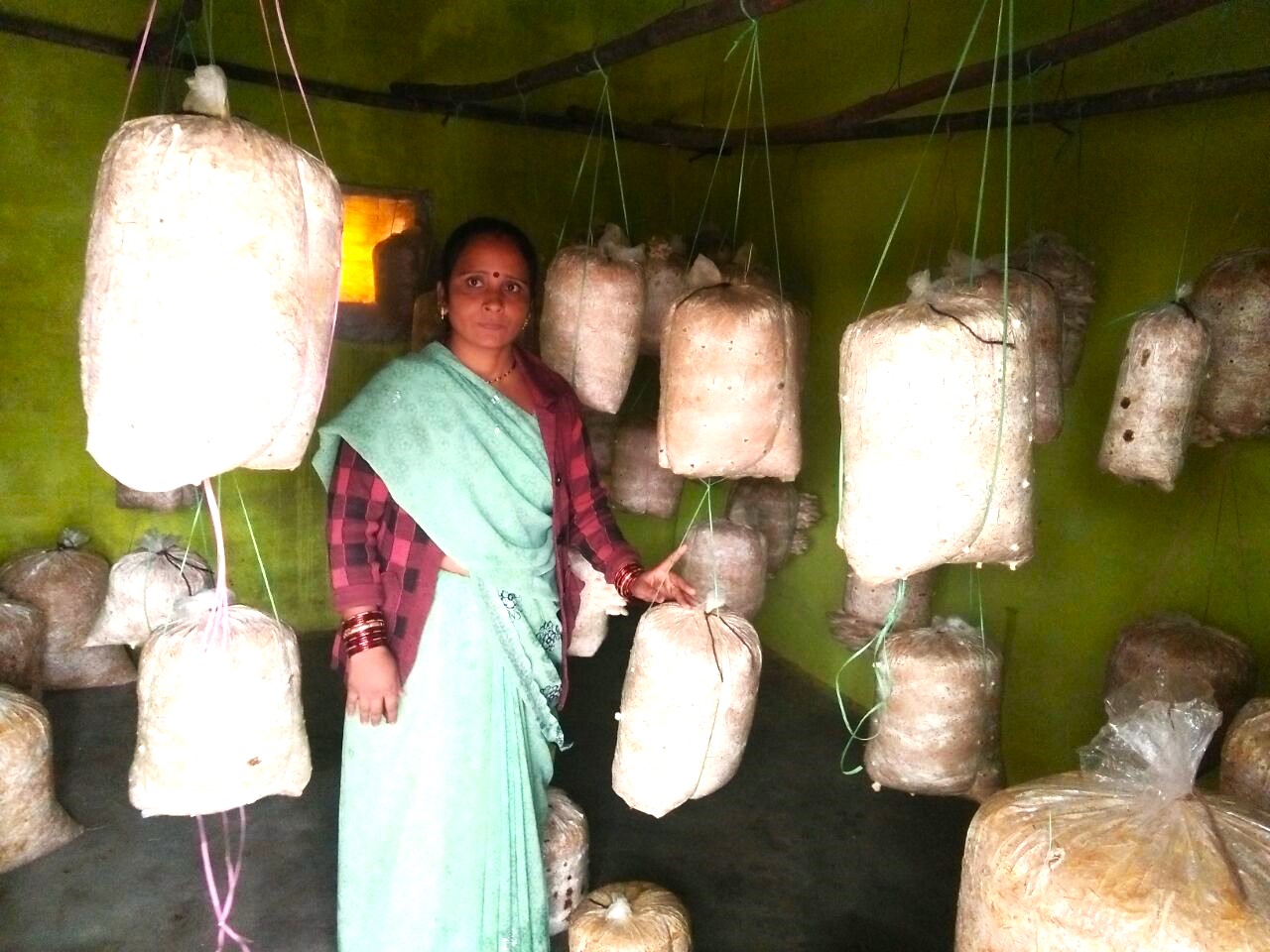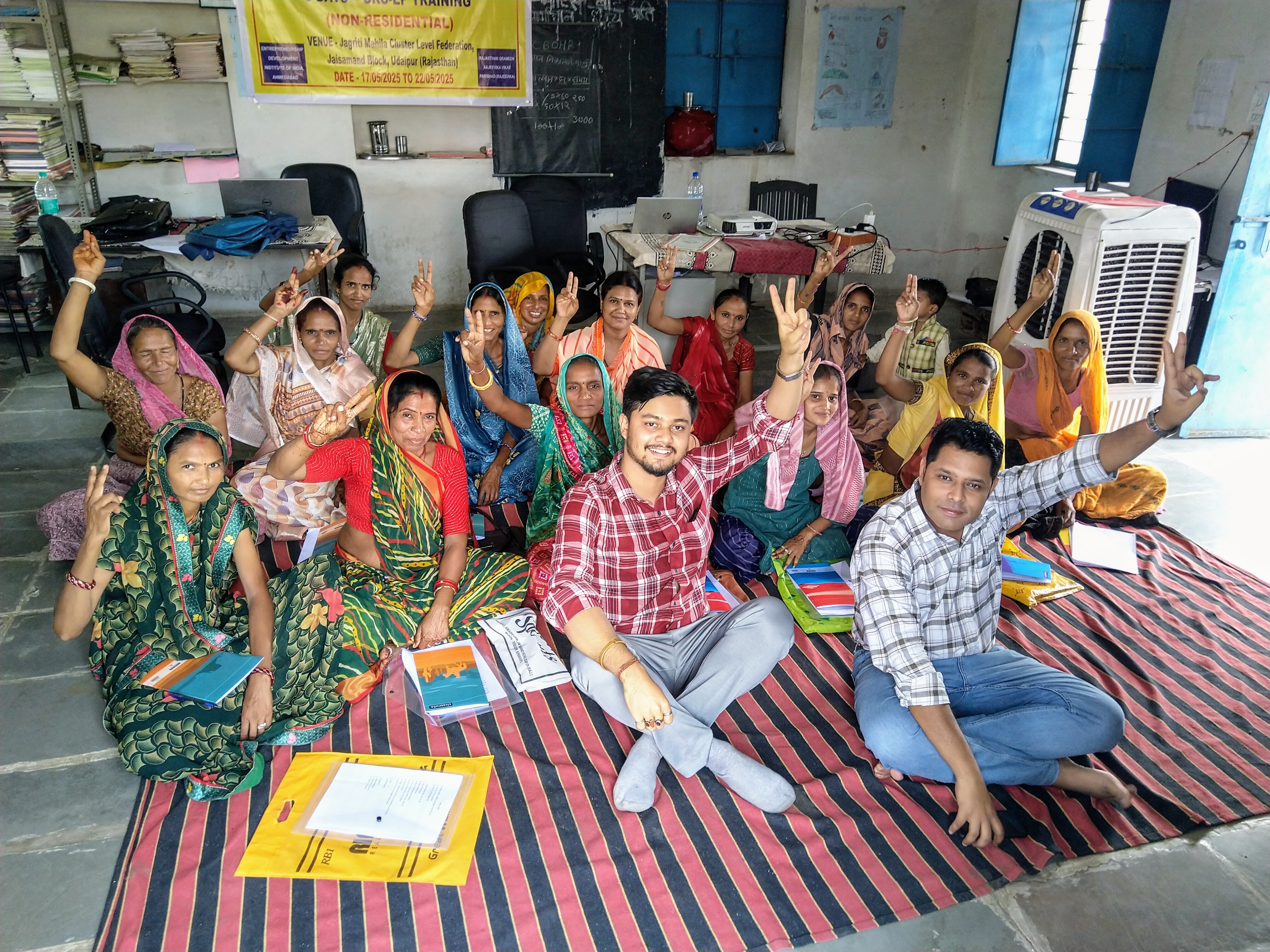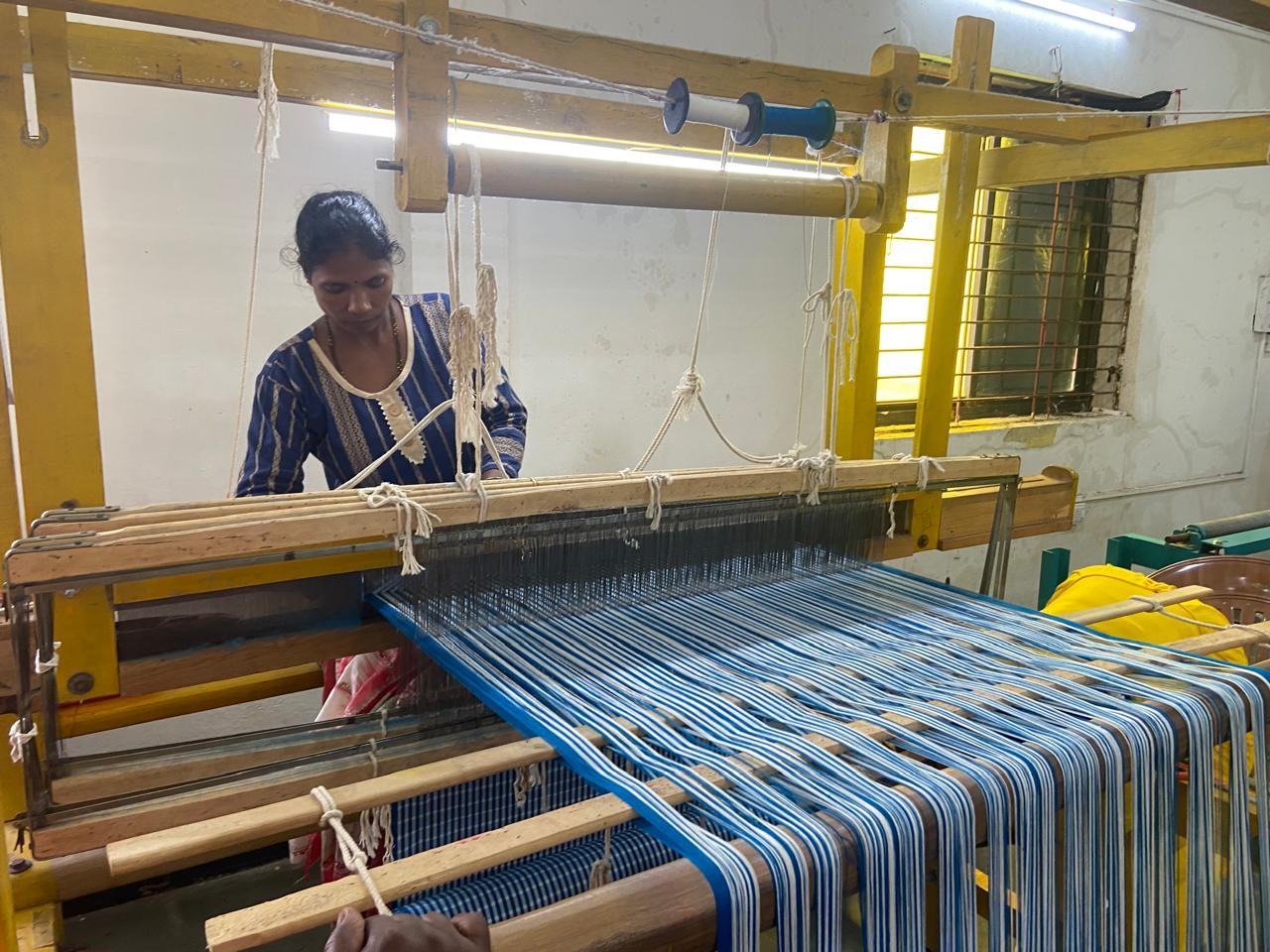About
India’s journey towards inclusive development has always hinged on the empowerment of its rural economy. In 2016, this vision took a strategic turn with the launch of the Start-up Village Entrepreneurship Programme (SVEP), a flagship initiative under the Deendayal Antyodaya Yojana – National Rural Livelihoods Mission (DAY-NRLM) by the Ministry of Rural Development (MoRD). Conceived to stimulate non-farm livelihoods and ignite grassroots entrepreneurship, SVEP emerged as a comprehensive ecosystem to empower rural entrepreneurs—particularly women and youth—to build resilient micro-enterprises across India’s villages. Read More
Umbrella Programs
Why Village Entrepreneurship Matters?
In rural India, where economic opportunities are often scarce, the need for village entrepreneurship has never been more pressing. According to data from the National Sample Survey Office (NSSO), less than 10% of the rural workforce is engaged in salaried jobs. This leaves a vast majority—over 90%—reliant on self-employment or informal work to sustain their livelihoods. For many, self-employment manifests in the form of small-scale enterprises, yet these ventures often operate at sub-optimal levels, barely providing income above the threshold of unemployment. The rural poor, in particular, depend on multiple sources of income to meet their basic needs, making entrepreneurship not just an option but a critical lifeline.
The significance of village entrepreneurship lies in its potential to transform these fragile livelihoods into sustainable economic opportunities. Owning and successfully managing an enterprise offers rural households a pathway to financial stability, supplementing income from agriculture or casual labor. A growing micro-entrepreneurial class is already taking root in rural areas, driven by innovation and necessity. These entrepreneurs are venturing into diverse sectors, including education, livestock rearing, dairying, health services, and even financial intermediation. For instance, initiatives like dairy cooperatives, supported by organizations such as the National Dairy Development Board (NDDB), have empowered rural producers to become entrepreneurs, contributing significantly to India’s status as the world’s largest milk producer.
Beyond modern sectors, there is immense value in preserving and expanding cultural entrepreneurial heritage, particularly through artisanal skills. Rural India is home to a rich tradition of handicrafts, weaving, and pottery—skills passed down through generations. According to the Ministry of Textiles, the handicraft sector employs over 7 million artisans, many of whom are based in villages. However, these traditional enterprises often struggle to compete in modern markets due to a lack of resources, training, and market access. By nurturing these culturally significant ventures, village entrepreneurship can bridge the gap between heritage and economic viability, fostering pride and prosperity in equal measure.
Despite this potential, rural micro-entrepreneurs face significant challenges. Most lack the skills, capital, and networks needed to scale their businesses or make them profitable. This is where targeted support becomes essential. Training programs, mentorship, and handholding can equip these entrepreneurs to unlock their full potential, enabling them to navigate market dynamics and improve productivity. Data from the National Rural Livelihood Mission (NRLM), launched by the Ministry of Rural Development, highlights the transformative role of institutional ecosystems in this regard. NRLM has fostered over 8.5 million self-help groups (SHGs), alongside village organizations and cluster-level federations, reaching more than 100 million rural households as of 2023. These community-based organizations (CBOs) provide micro-entrepreneurs with access to credit, skill development, and market linkages—critical ingredients for success.
The need for village entrepreneurship, therefore, is not just about economic growth; it’s about empowerment and resilience. By strengthening this emerging entrepreneurial class, rural India can reduce poverty, enhance livelihoods, and preserve its cultural fabric. With the right support from initiatives like NRLM, these small-scale ventures can evolve into engines of rural prosperity, proving that even the smallest spark of enterprise can light the way to a brighter future.
Objectives
To enable rural poor to set up their enterprises, in its proof of concept phase, by developing a sustainable model for Village Entrepreneurship promotion through integrated ICT techniques and tools for training and capacity building, enterprise advisory services and to provide loans from banks/SHG & federations.
Develop local resources by training a pool of village level community cadre (CRP EP) and build the capacity of the NRLM and SHG federations to monitor and direct the work of the CRP EPs.
Help the rural entrepreneurs to access finance for starting their enterprises from the NRLM SHG and federations, the banking systems including the proposed MUDRA bank.
Salient Features
Target to promote 1.82 lakh enterprises across 125 blocks in 24 states over four years (2015–2019), generating employment for 3.78 lakh rural poor.
Approved budget: ₹485 crore with unit cost: ₹26,526 per enterprise and cost-benefit ratio: 7.38:1.
Convergence with schemes from MSME, Textiles, and others.
Prioritization of North-Eastern states and vulnerable groups (MGNREGA beneficiaries, women, SC/ST).
Emphasis on new-age enterprises (ICT, sanitation, renewable energy, etc.).
Tracking of enterprise performance through dedicated MIS and financial records.
Preference for SHG-linked entrepreneurs but also open to non-SHG rural youth.
Operational Focus
Target the Most Vulnerable
Prioritize highly vulnerable beneficiaries under MGNREGA, ensuring support reaches those who need it most
Strengthen Farm Livelihoods
Forge backward and forward linkages to supercharge farm-based enterprises and rural prosperity
Uplift Artisan Ventures
Champion the enterprises of rural artisans, preserving heritage while sparking economic growth
Align with Rurban Clusters
Drive convergence with National Rurban Mission (NRUM) clusters for smarter, integrated development
Innovate for Impact
Pioneer cutting-edge technology and solutions in sanitation, drinking water, and renewable energy to power sustainable enterprises
List of Entrepreneurs
| Sr.No | Name of the Entrepreneur | State | Business Details |
|---|---|---|---|
| 1 | HARSHPAL CHINTAMAN KHADE | Maharashtra | Centering / Construction |
| 2 | LILABAI MAROTI WASEKAR | Maharashtra | Flour Mill |
| 2 | LILABAI MAROTI WASEKAR | Maharashtra | Flour Mill |
| 3 | MAYA SURESH KHANGAR | Maharashtra | Tailoring |
| 4 | JAYA GOKULDAS AMBATKAR | Maharashtra | Goat & sheep rearing |
| 5 | ALKA SANTOSH LONKAR | Maharashtra | Tailoring |
| 6 | ANUSAYA GANPAT KAPEKAR | Maharashtra | Goat & sheep rearing |
| 7 | BHIMABAI SHAKAR LONKAR | Maharashtra | Goat & sheep rearing |
| 8 | RUKHMA RAMRAO ATRAM | Maharashtra | Tailoring |
| 9 | Sunita Gupta | Chhattisgarh | Dairy products - Paneer , curd etc. |
| 10 | GANGABAI GOKULDAS AMBATKAR | Maharashtra | Tailoring |



 SVEP
SVEP